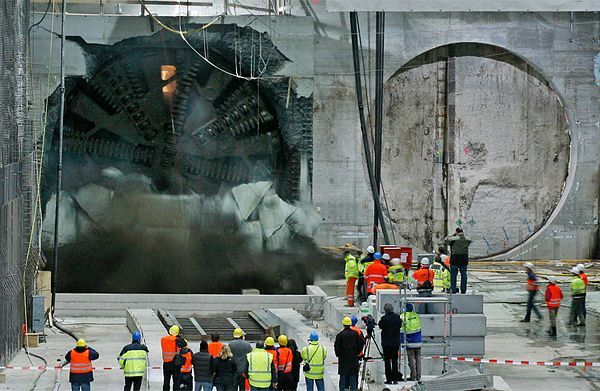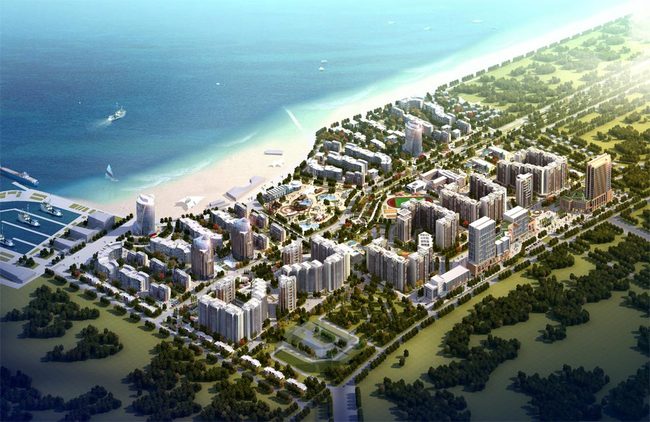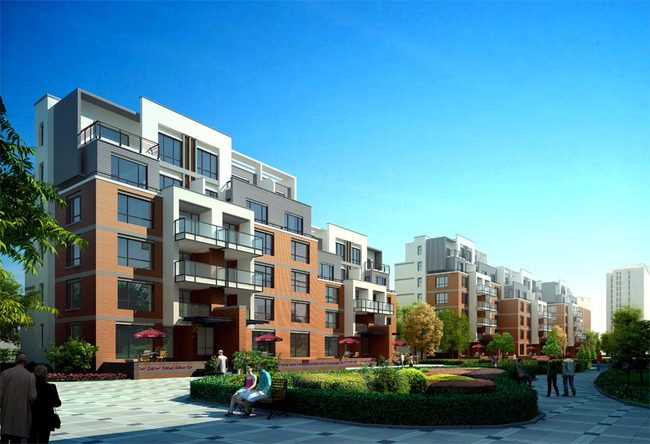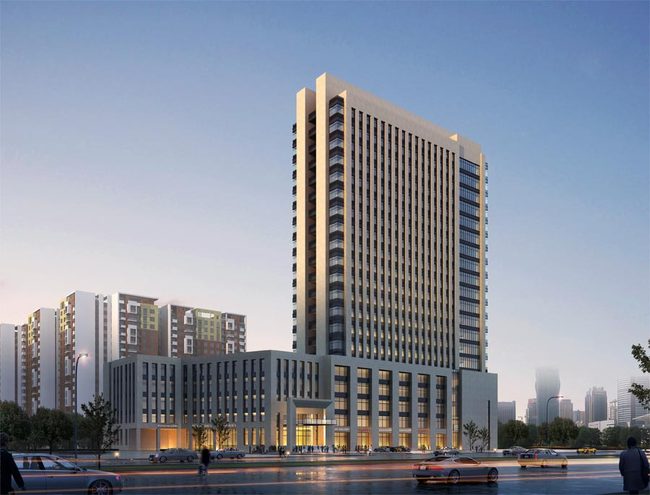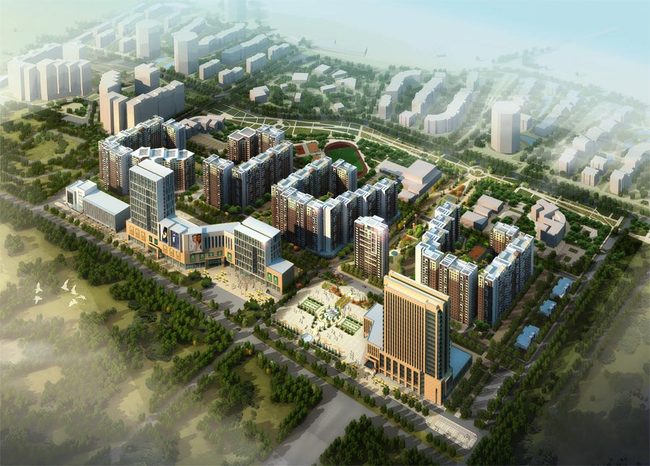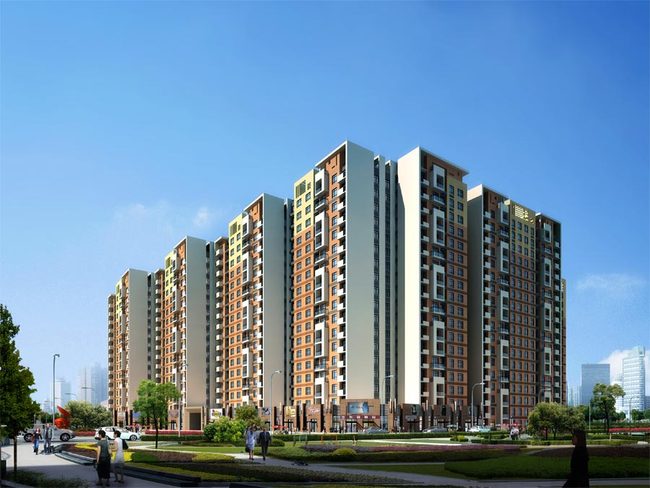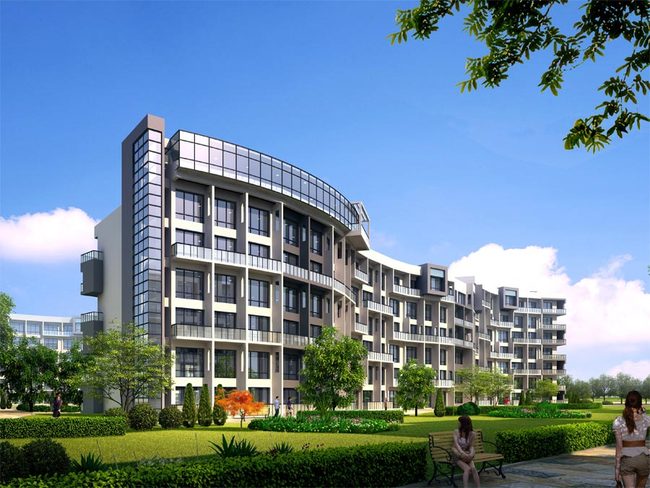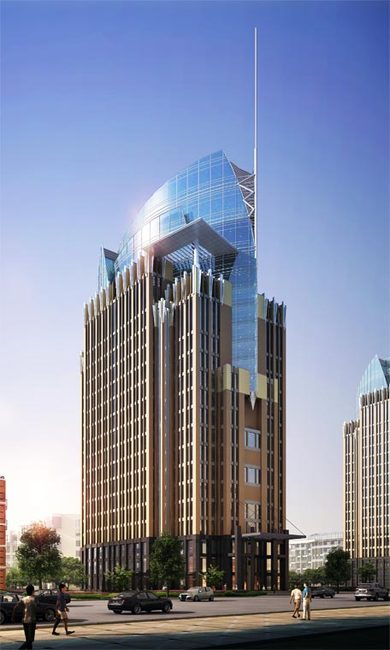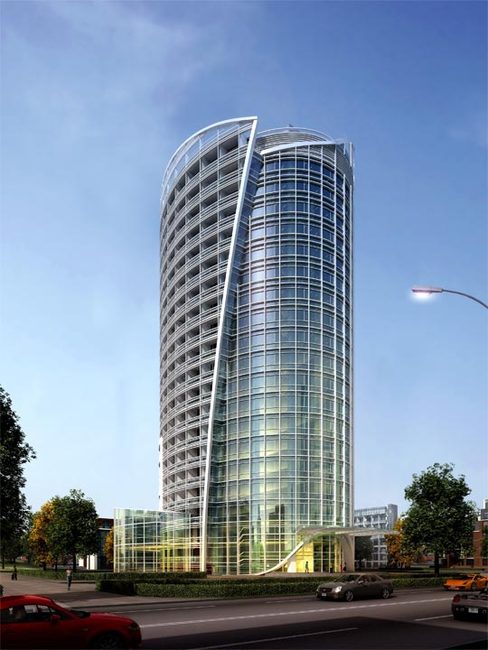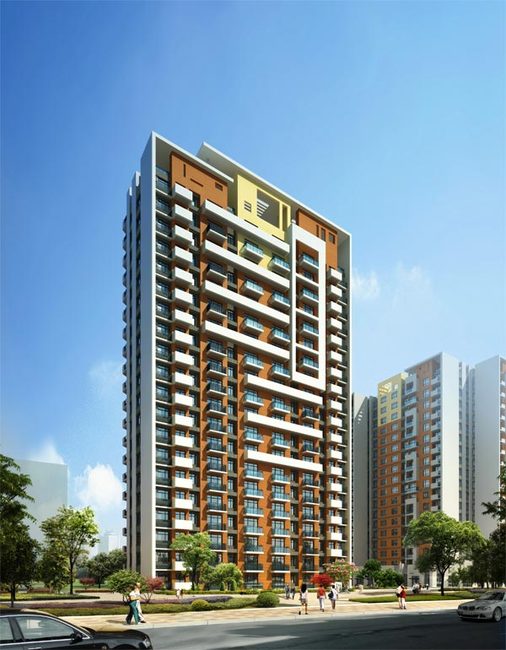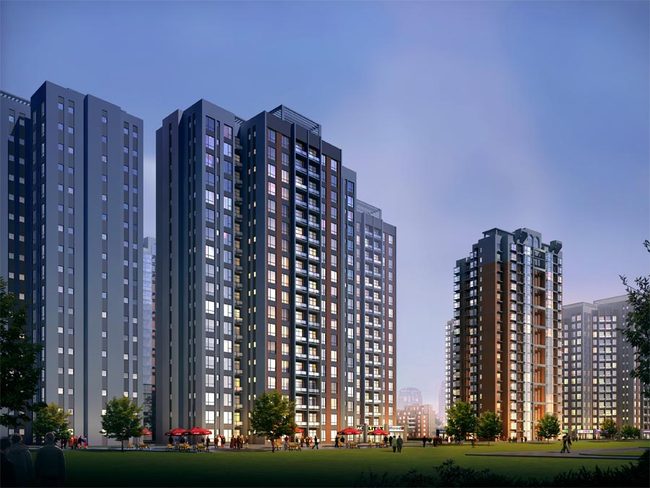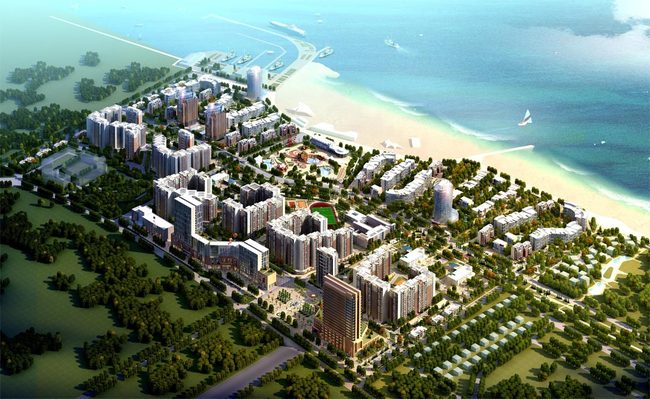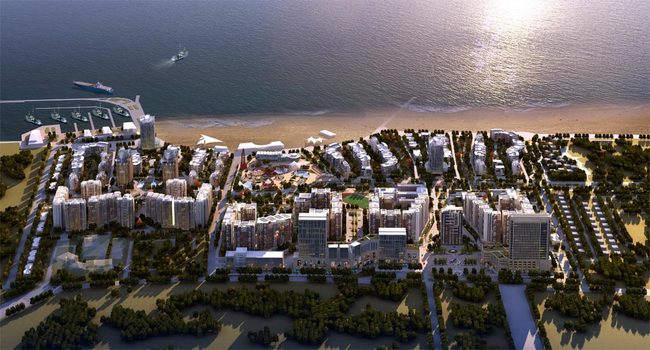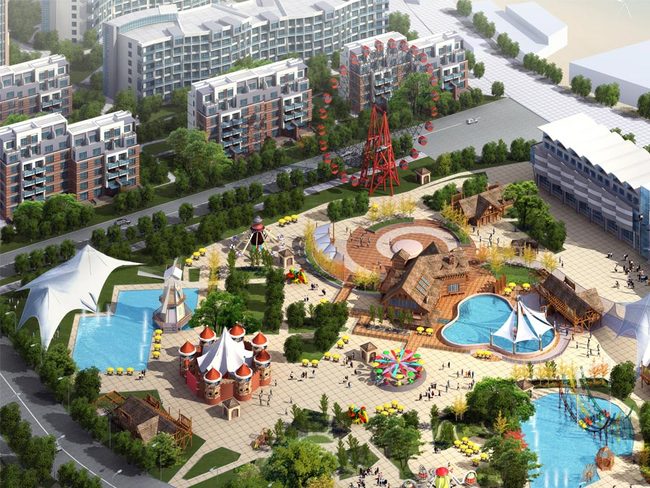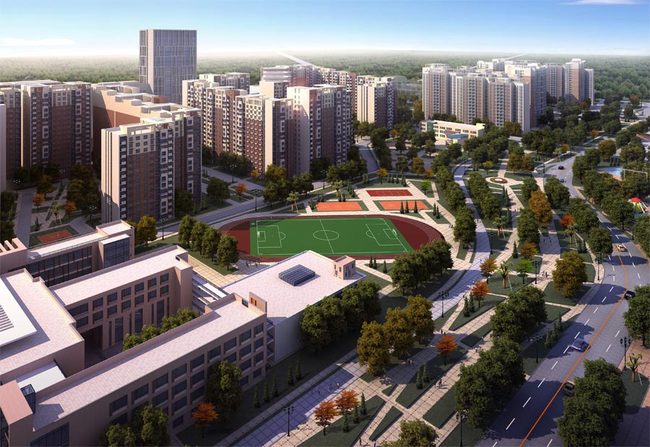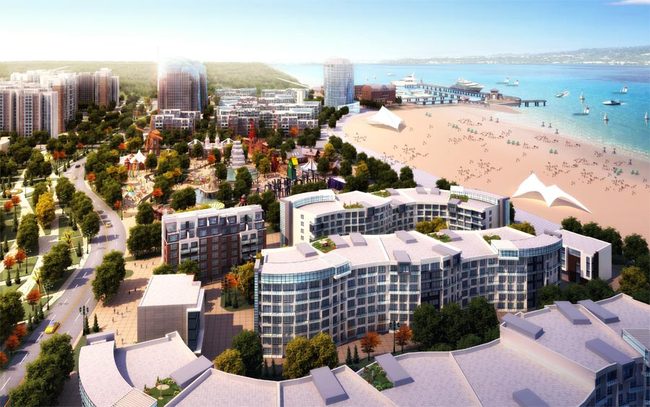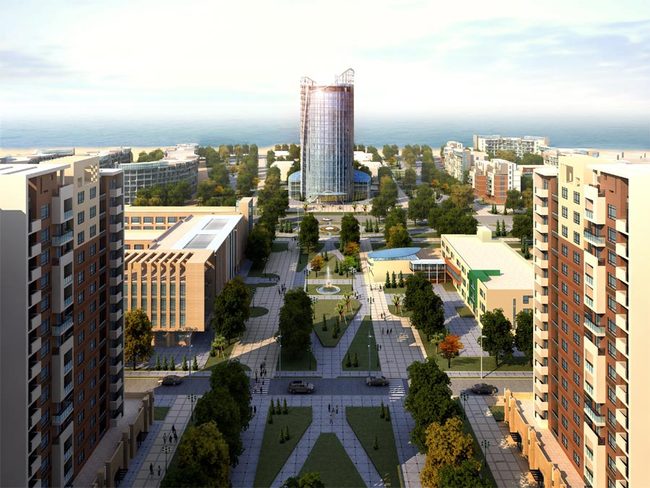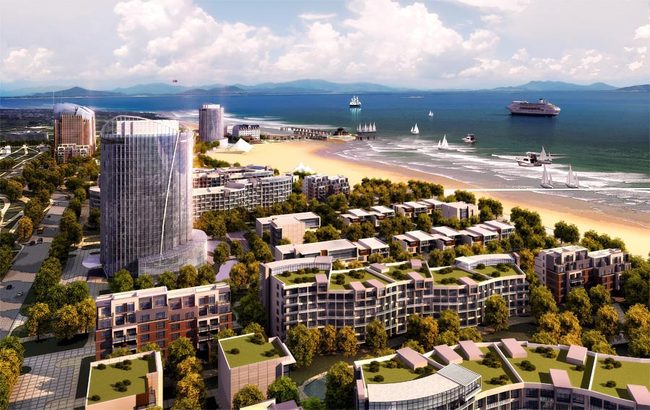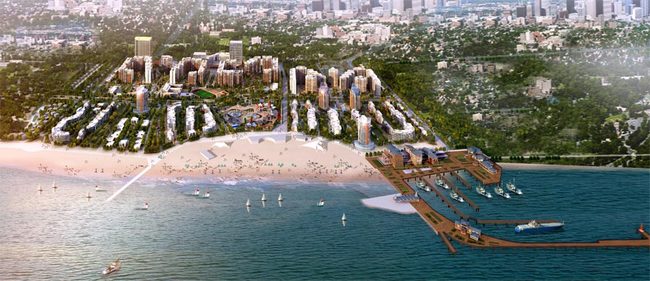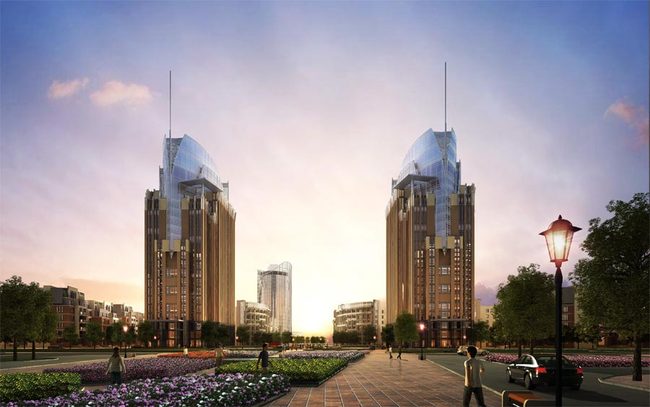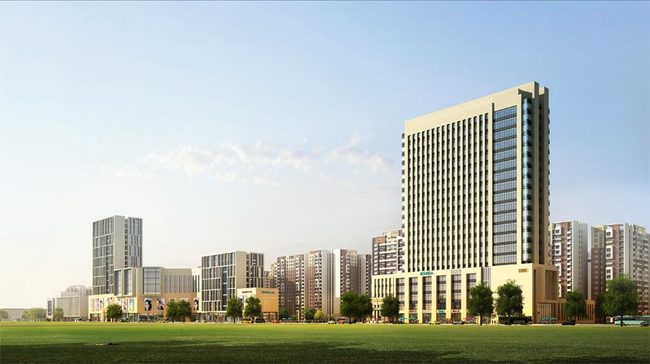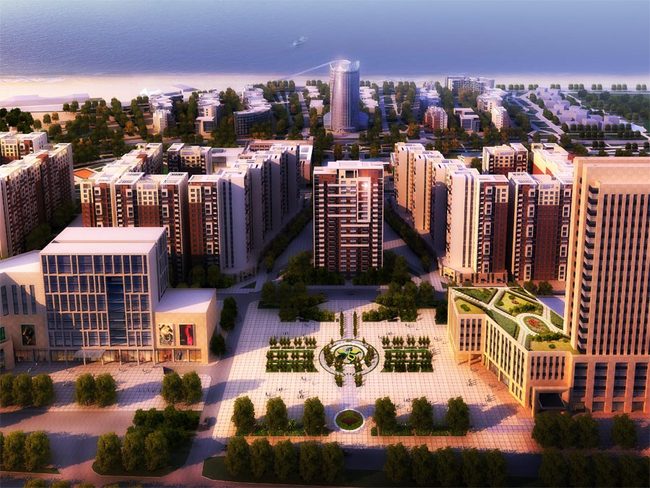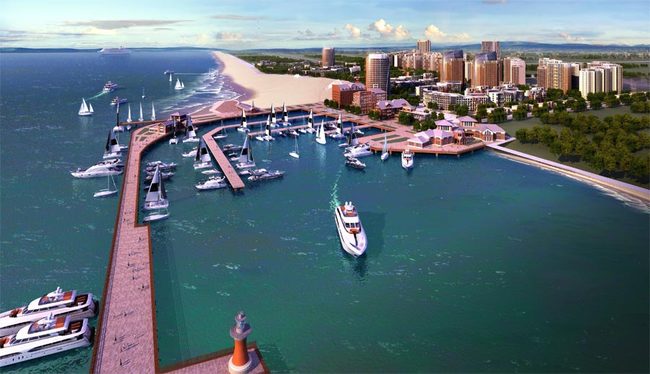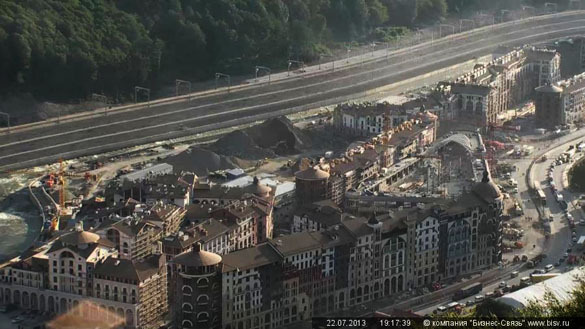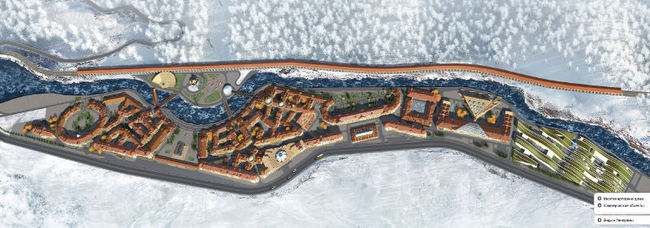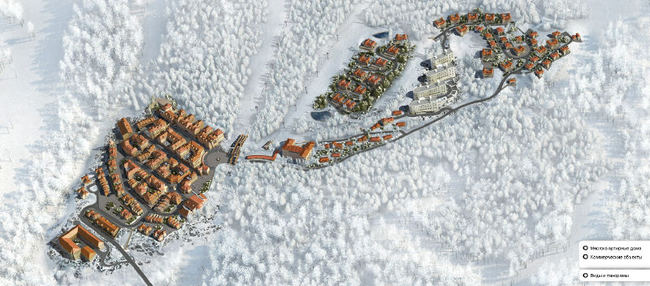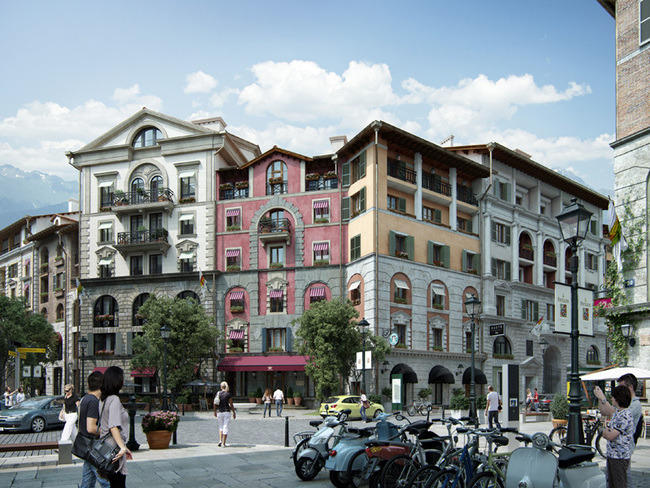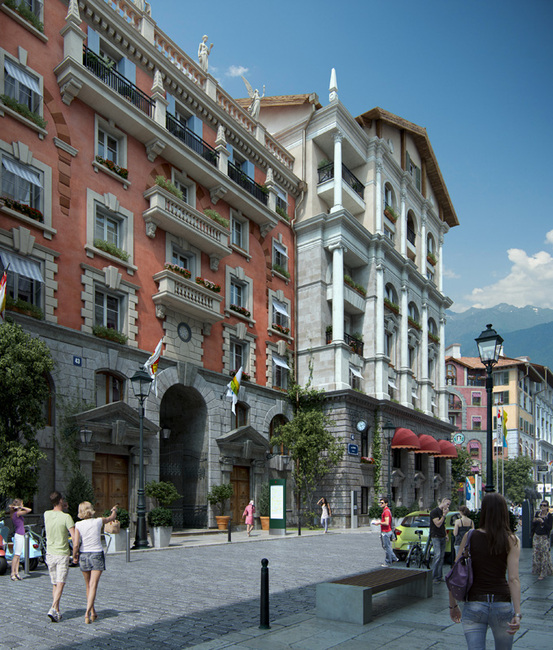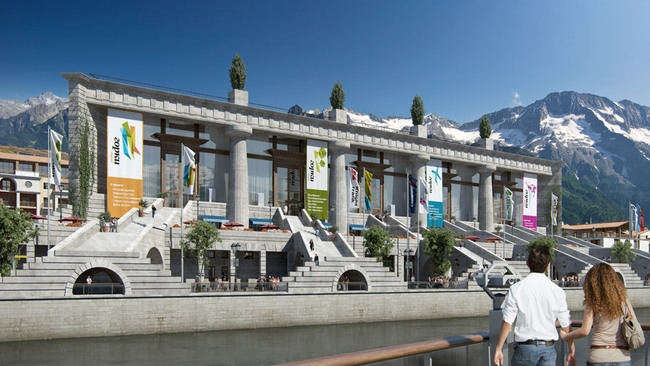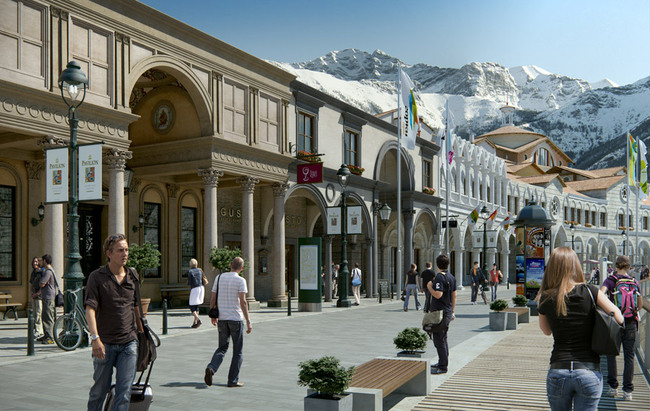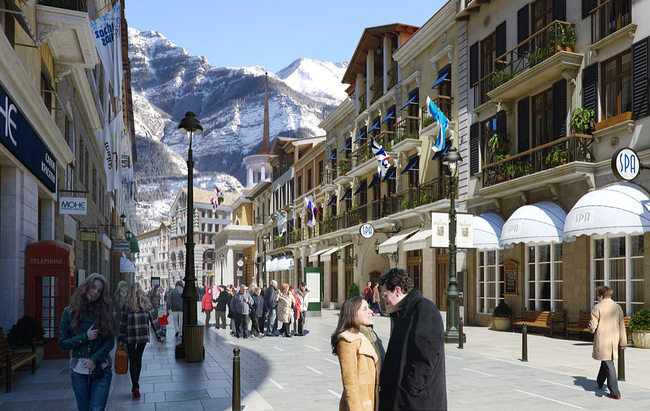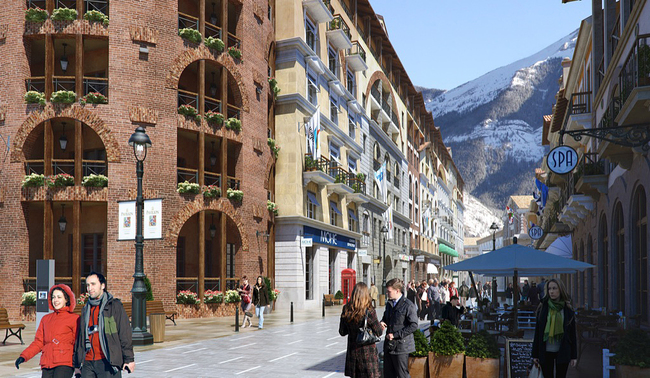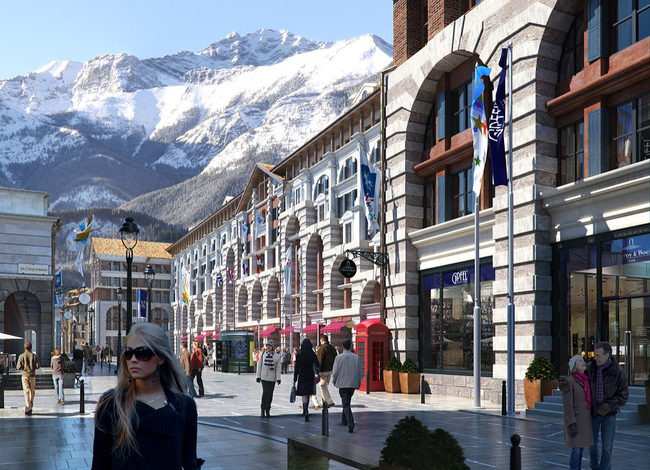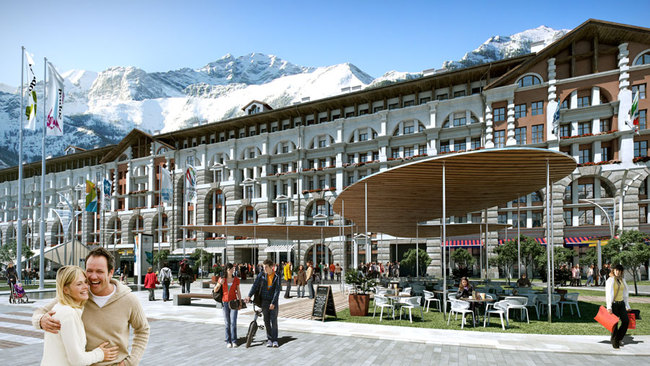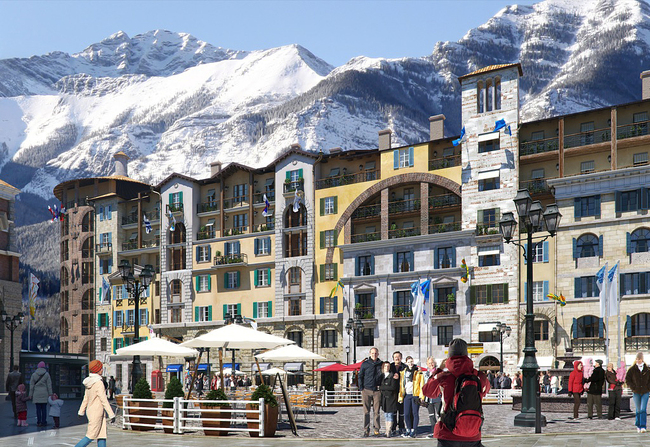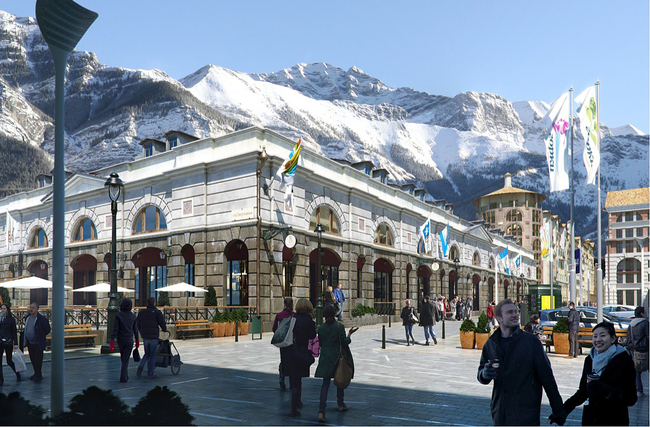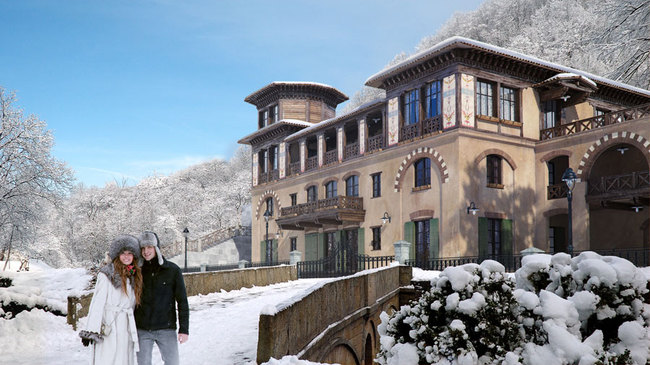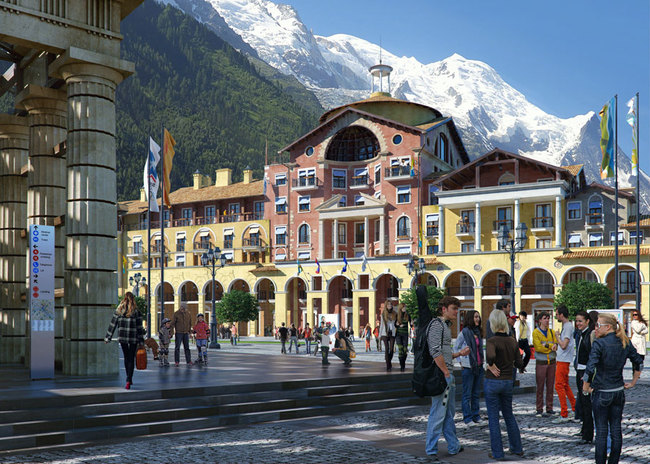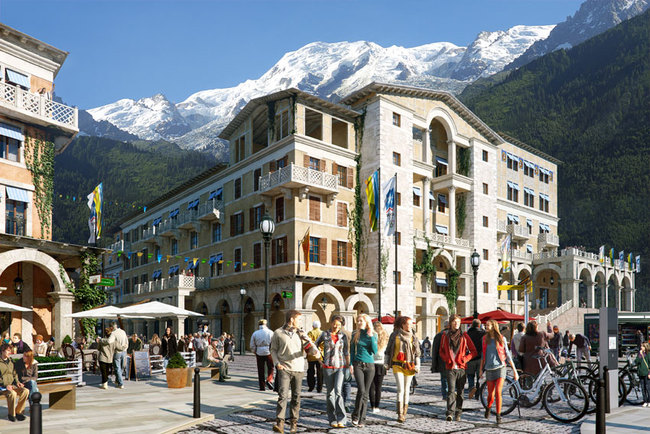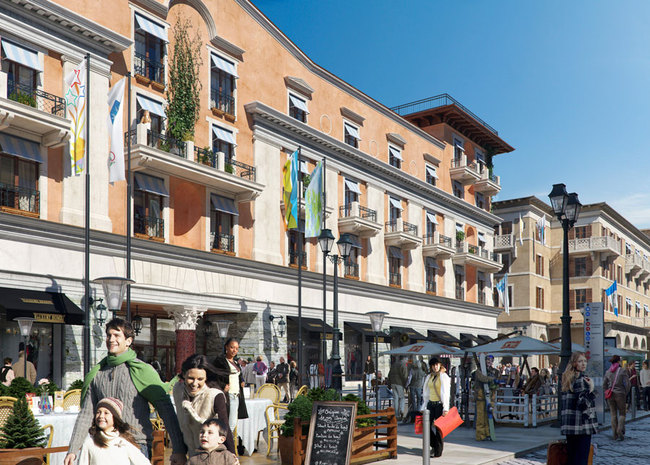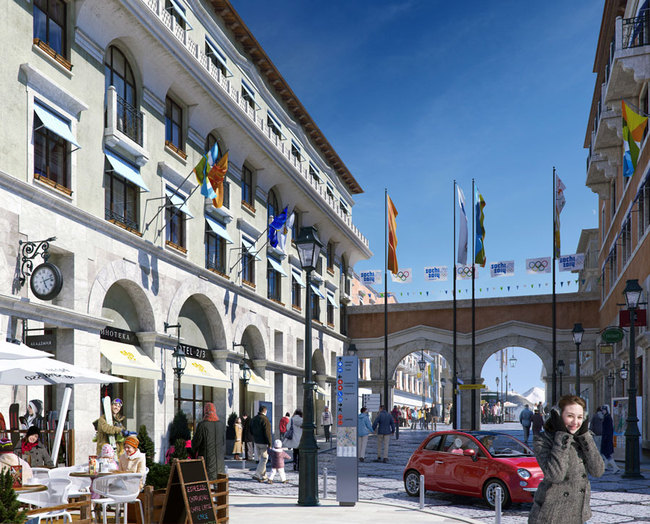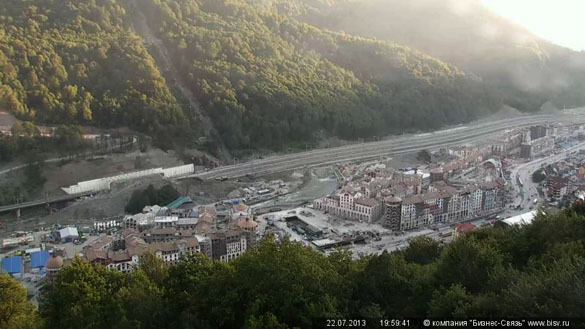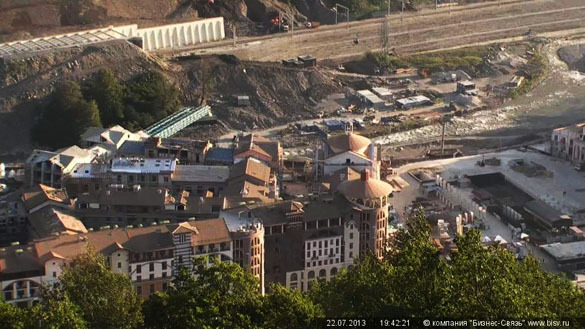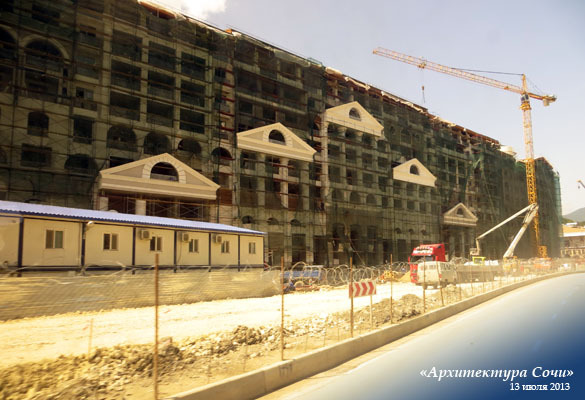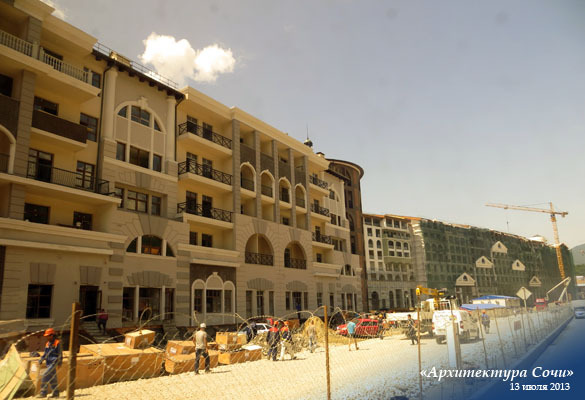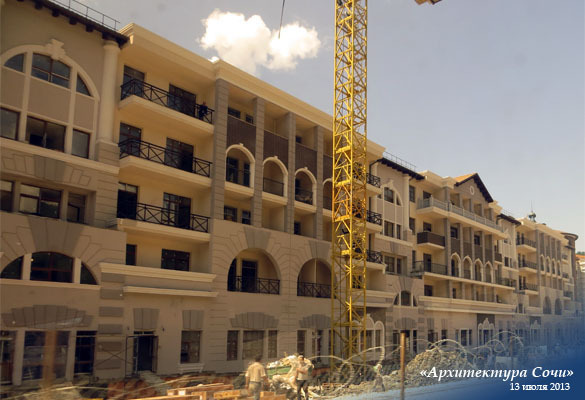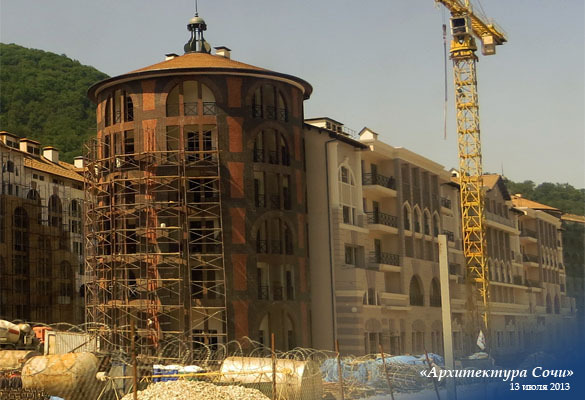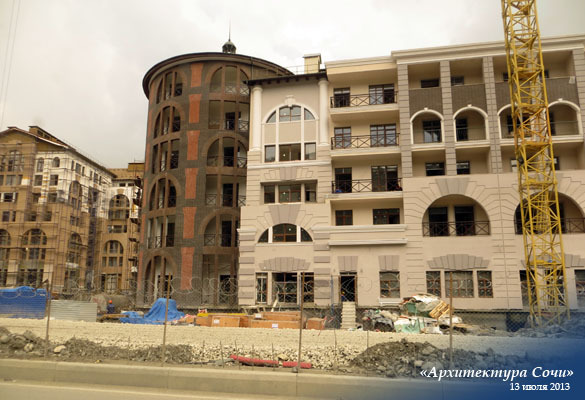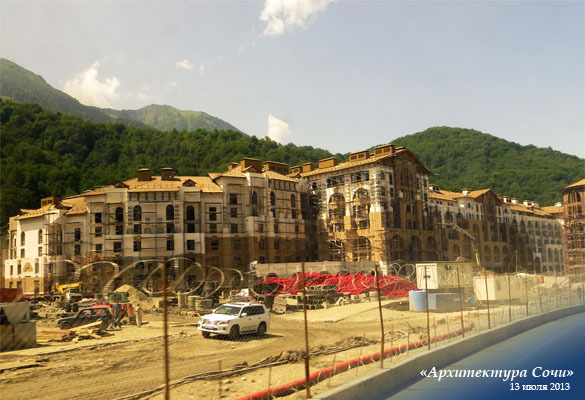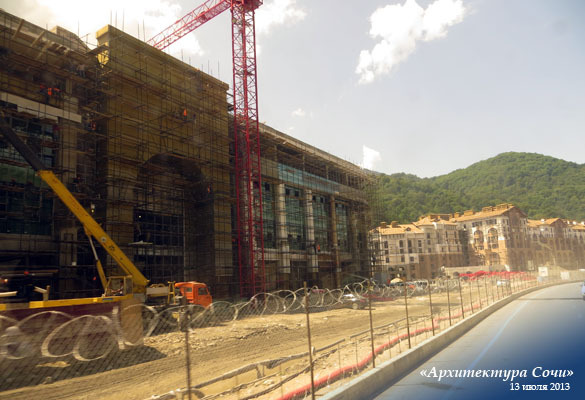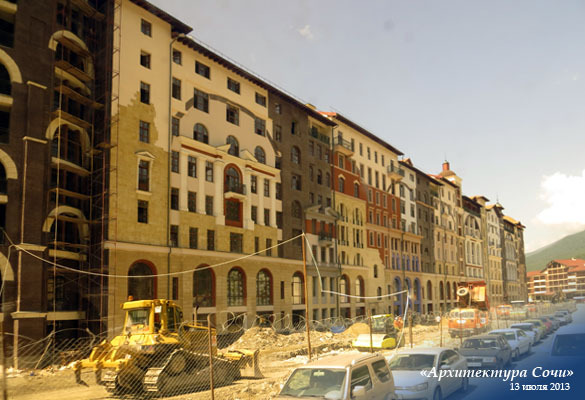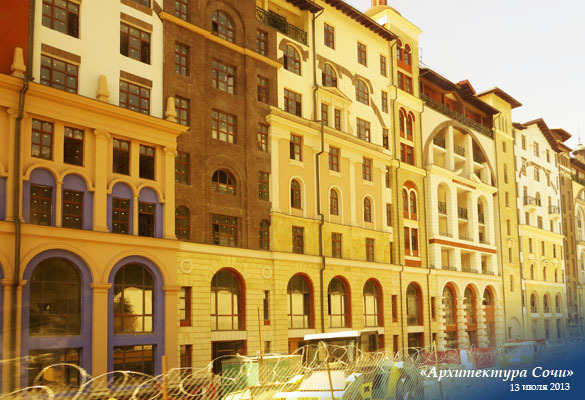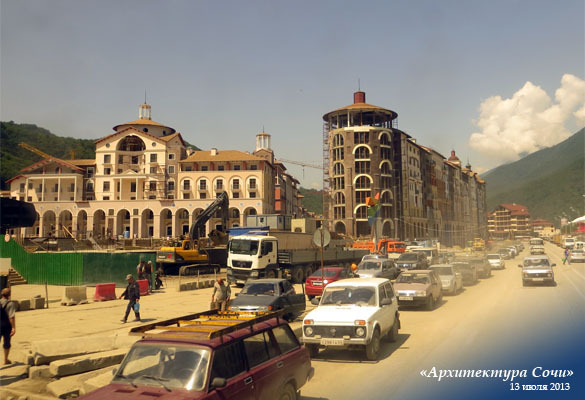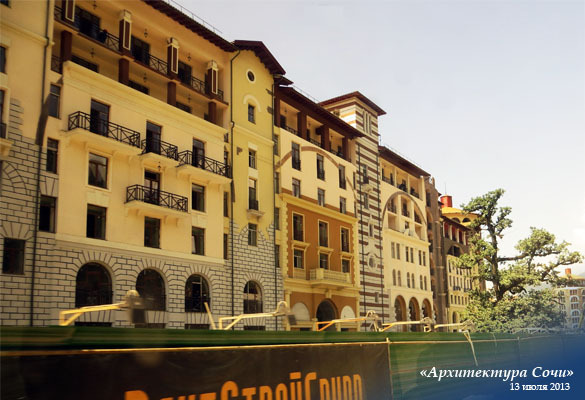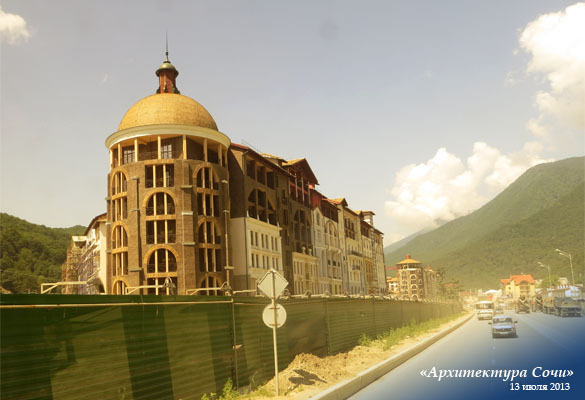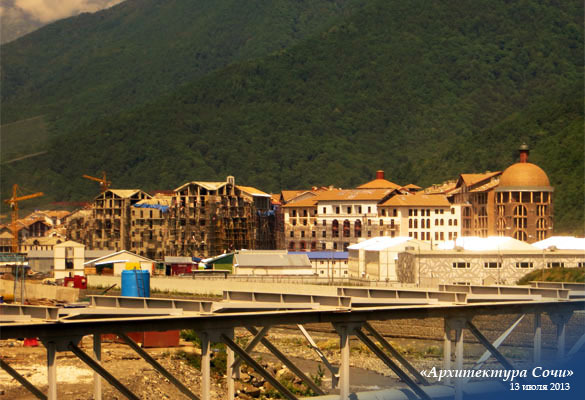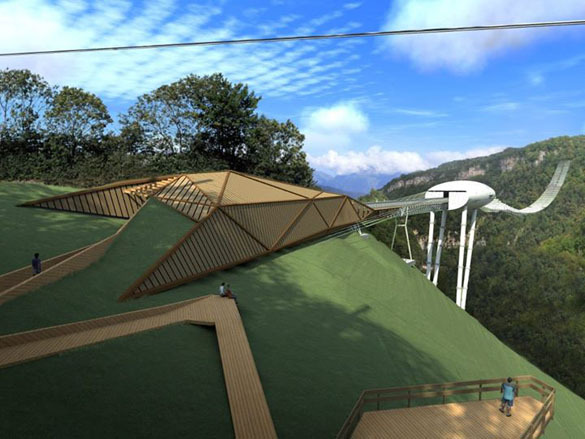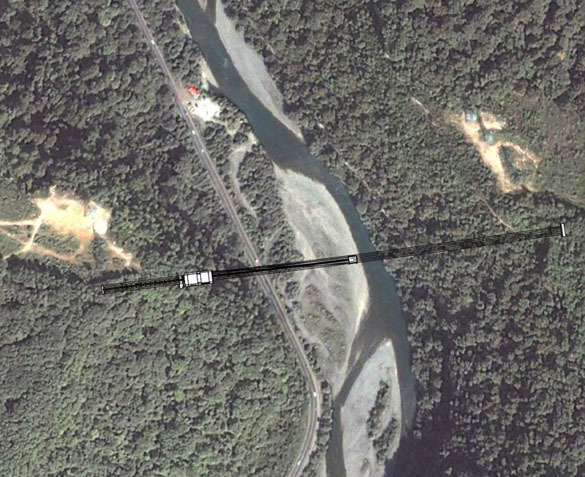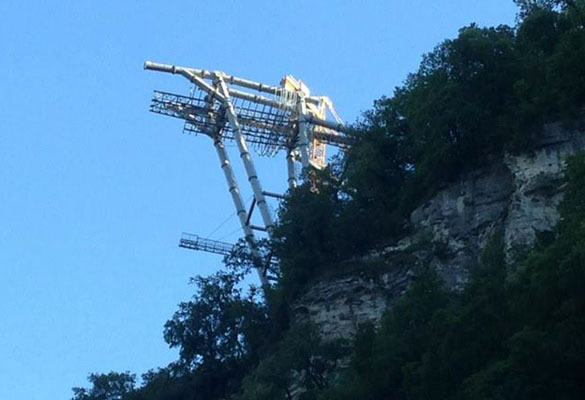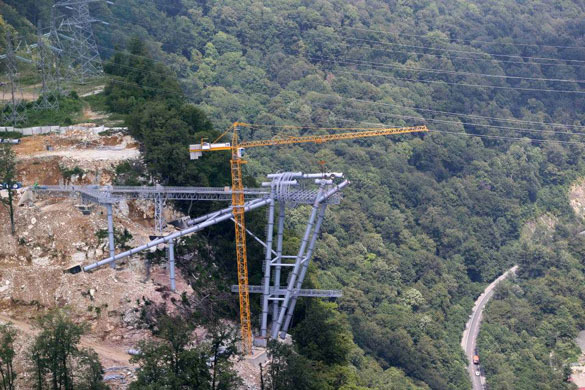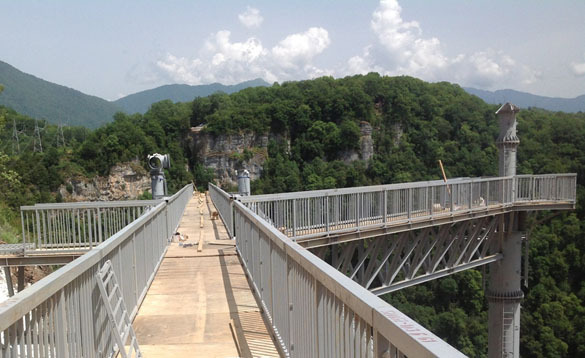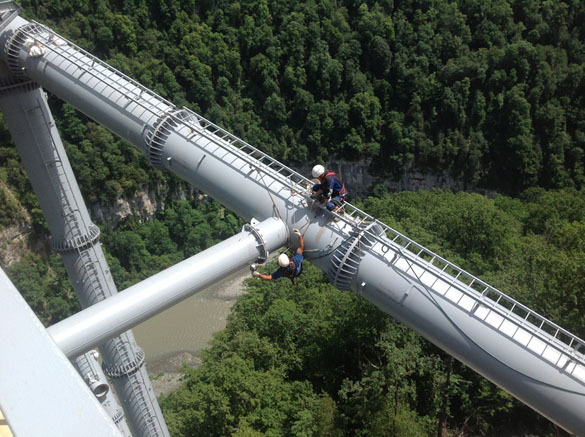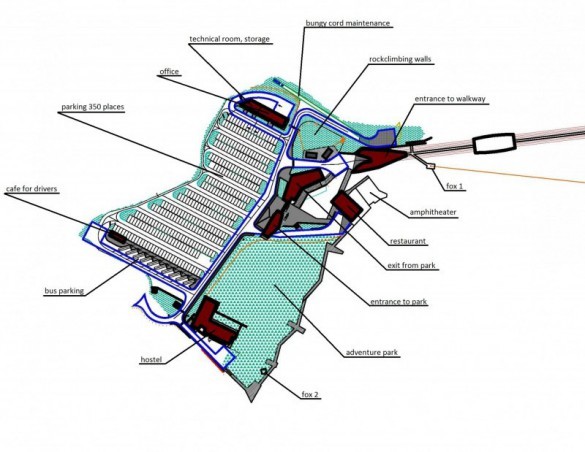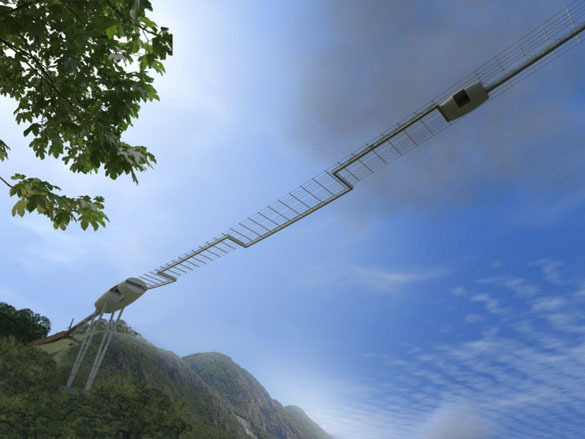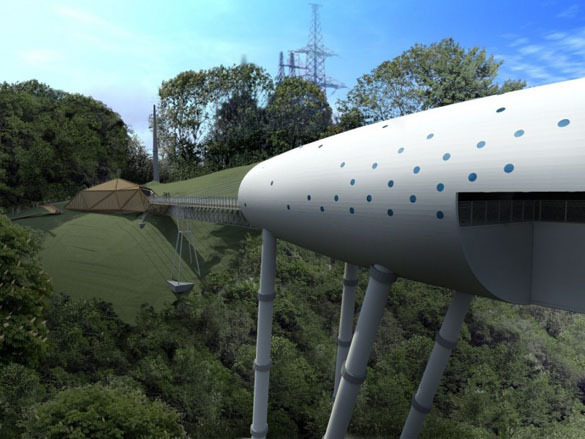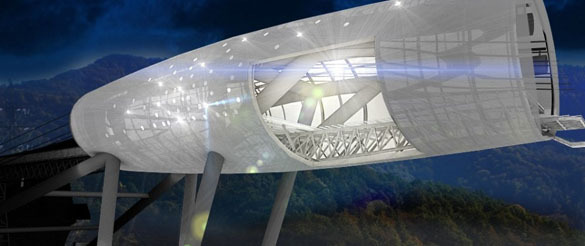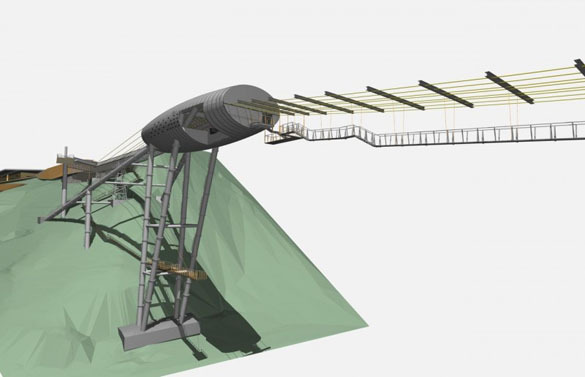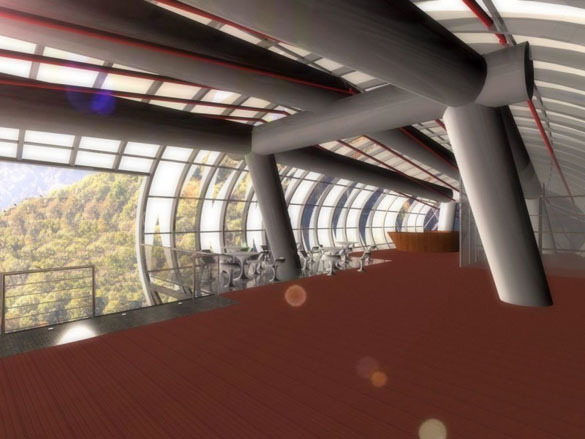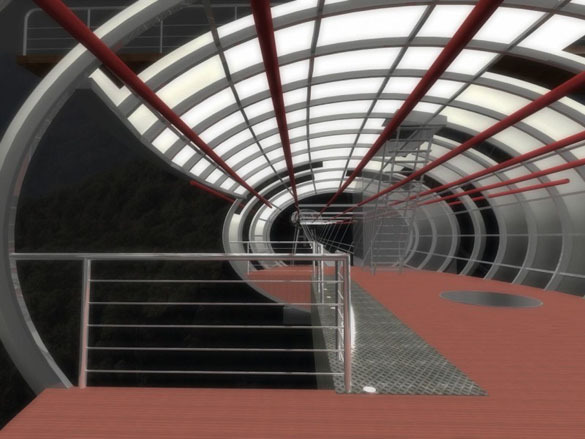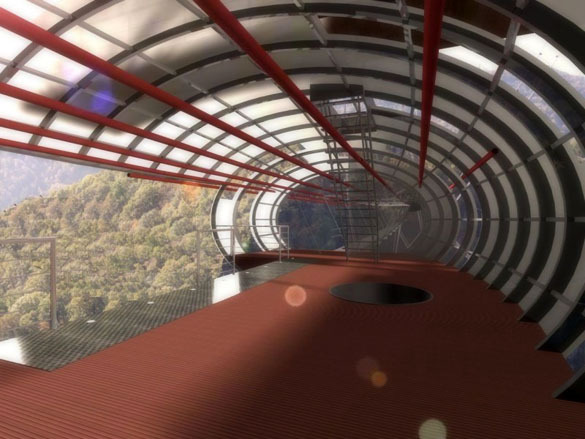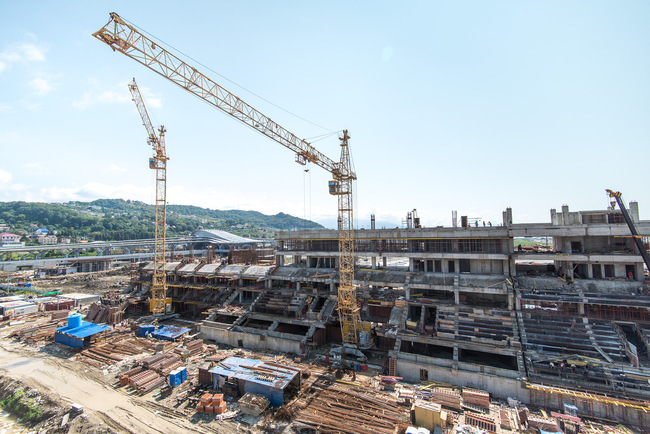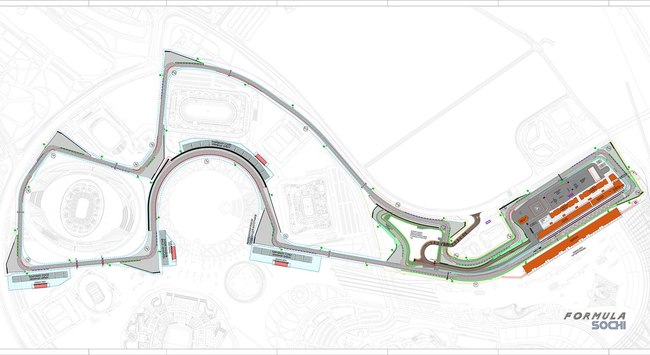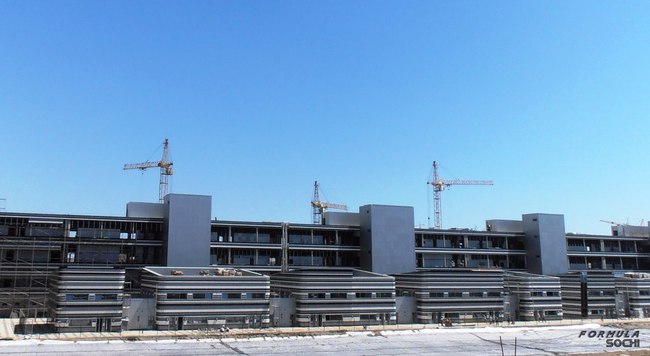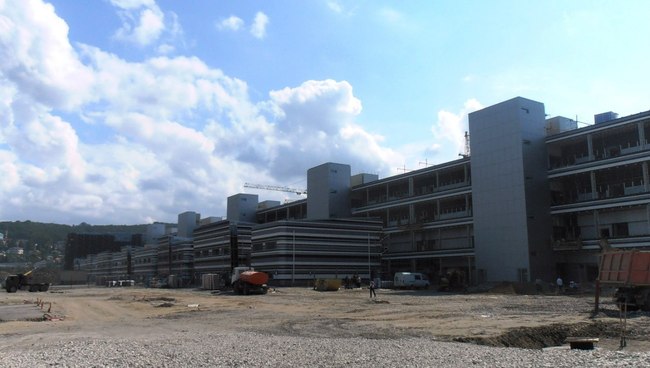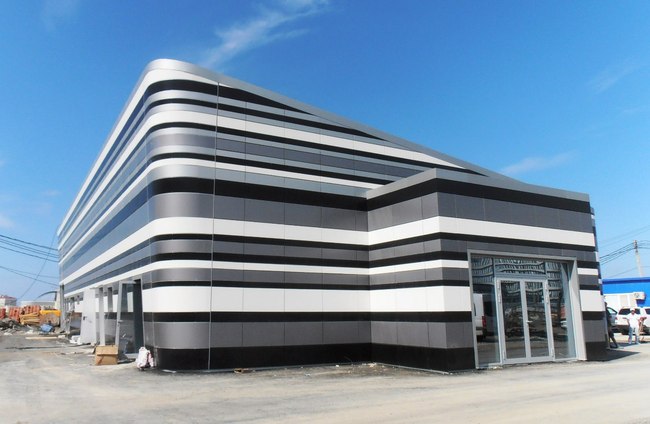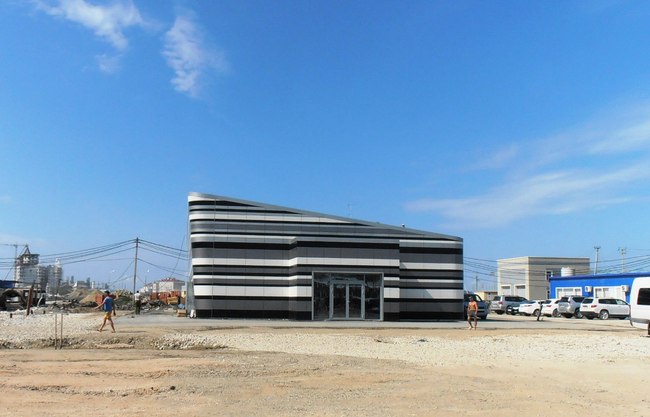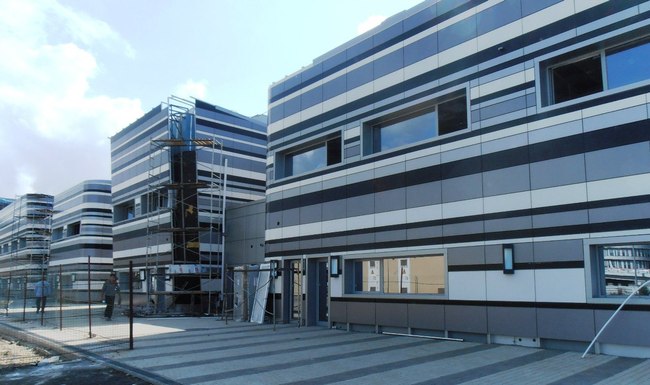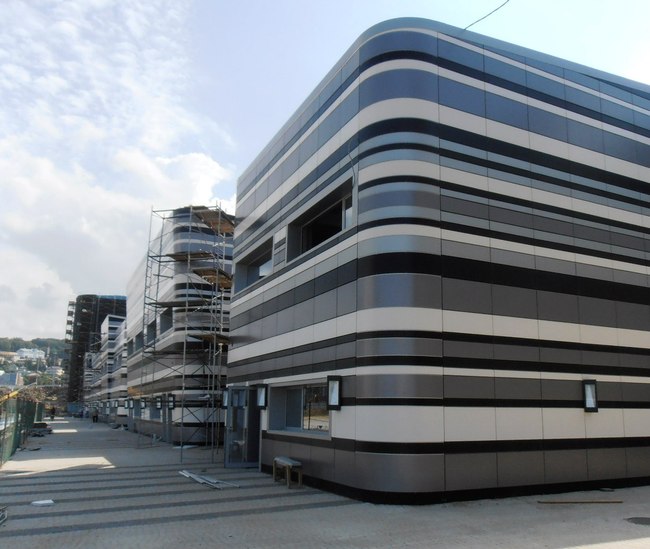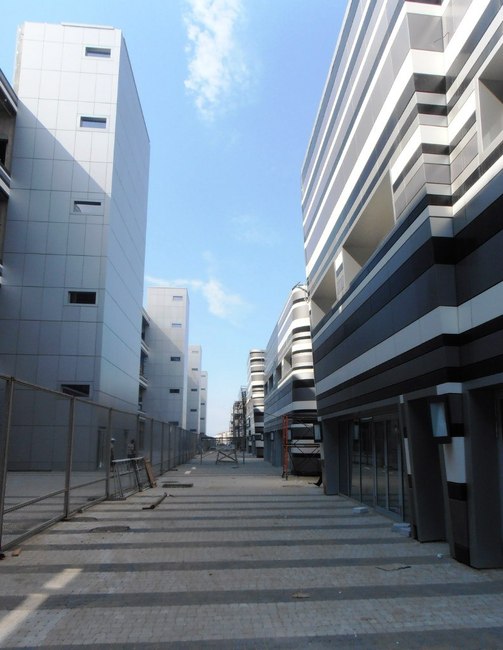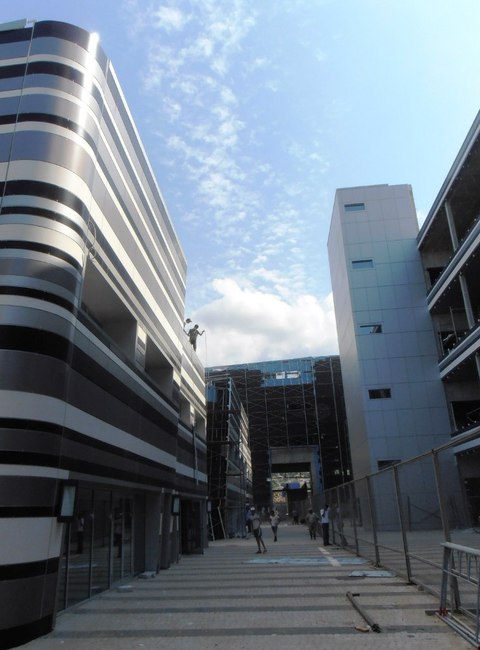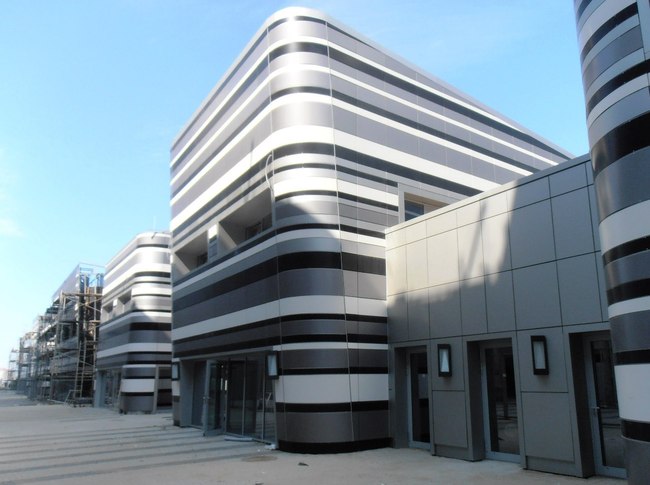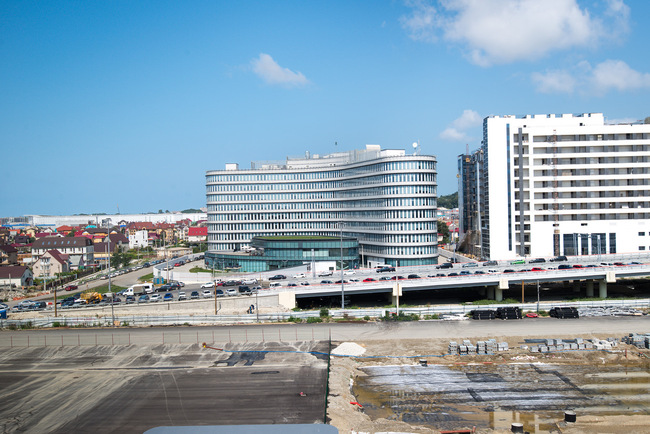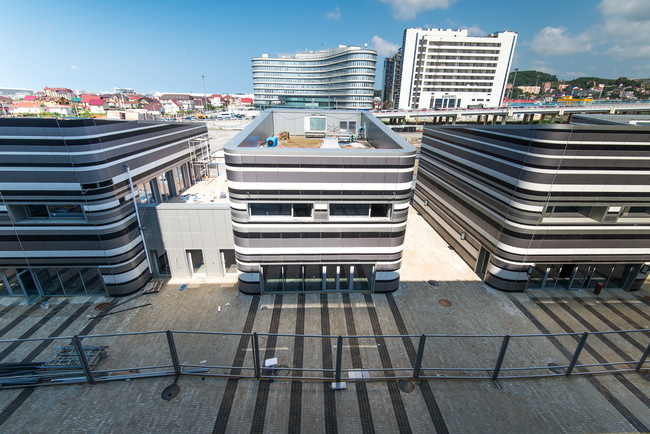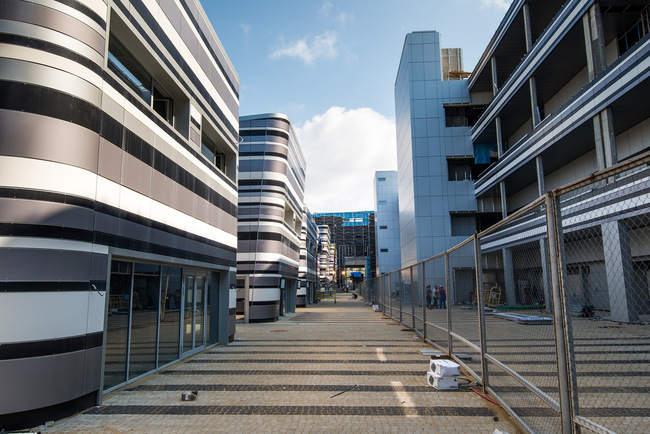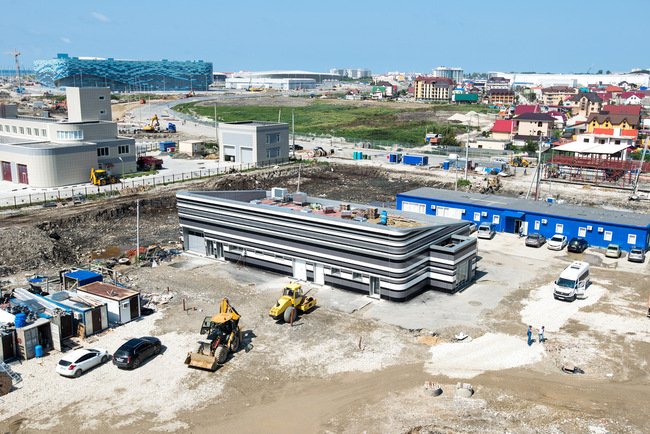High-speed train to link Moscow and Kazan
May 30, 2013 Evgeny Timoshinov, Kommersant
The train will take just 3.5 hours to reach the capital of Tatarstan

Source: Slava Stepanov / GELIO
Russia’s first high-speed railway link between Moscow and Kazan is expected to be built by 2018.
The project was approved a few days ago at a meeting headed by Vladimir Putin.
Construction of a high-speed railway between Moscow and St Petersburg, the highest-profile project to date, has been postponed indefinitely.
Vladimir Yakunin, President of the Russian Railways monopoly, said that high-speed train fares would range from 800 roubles to 8,000 roubles; the train will take 3.5 hours to reach Kazan, compared with the current 11.5 hours.
The cheapest 1.5-hour flight to Kazan is available starting from 3,600 roubles.
The meeting introduced dramatic changes to the the high-speed railways development programme. Kazan and Adler (Sochi) became the two priorities.
The 800-kilometre Moscow—Vladimir—Nizhny Novgorod—Cheboksary—Kazan high-speed train service will be Russia’s first high-speed line, said Transport Minister Maxim Sokolov.
The new line will essentially be the first stage of the railway connecting Moscow and Ekaterinburg.
How long will it take to build?
The Minister was very cautious when commenting on the construction period, though.
“If we start working on it in 2013, theoretically, we would have enough time to complete it by the 2018 FIFA World Championship in Russia”, ITAR-TASS quotes Sokolov as saying.
The new railway will require 928 billion roubles in investment, including a state grant of 650 billion roubles, said Vladimir Yakunin, President of Russian Railways.
Private investors and credit institutions are expected to finance the remaining 30% needed to buy trains and develop the auxiliary infrastructure.
Kazan is not only one of Russia’s chief holiday destinations but also home to one of the country’s most successful special economic zones, Alabuga, and several technoparks.
Mr Yakunin explained that fares would range between one and ten roubles per kilometre, depending on class.
The cheapest ticket to Kazan will be available at 800 roubles, and the most expensive will cost up to 8,000 roubles.
To compare: a return air ticket to Kazan is available at 7,300 roubles.
In any case, the state will have to offer the railway operator a subsidy as soon as the line is completed, particularly in order to keep the fares low. Mr Yakunin said that the required subsidy would be 315 billion roubles.
View Larger Map
The Moscow — St Petersburg high-speed railway used to be the country’s top priority (the 1 trillion-rouble VSM-1 train project).
A feasibility study was prepared, engineering surveys were conducted and talks were held with potential investors.
Russian Railways lent OAO Skorostnye magistrali 980 million roubles for these operations.
Back in 2012, a contest for the life cycle contract was announced; yet the project has been postponed indefinitely.
A concession scheme was originally proposed: a consortium of investors was supposed to bid for the right to build the railway and a 30-year operating contract.
Elena Sakhnova at VTB Capital says that the railway link between Moscow and St Petersburg with Sapsan trains is already efficient enough.
To invest an additional 1 trillion roubles in the line is unfeasible, even given the plans to separate passenger and freight traffic, the expert says.
Yuri Saakian, General Director of the Institute of Natural Monopolies, adds that a high-speed railway in the Volga Region would not only compete with air transport but also generate passenger traffic on its own.
High-speed train to link Moscow and Kazan | Russia Beyond The Headlines ASIA
May 30, 2013 Evgeny Timoshinov, Kommersant
The train will take just 3.5 hours to reach the capital of Tatarstan

Source: Slava Stepanov / GELIO
Russia’s first high-speed railway link between Moscow and Kazan is expected to be built by 2018.
The project was approved a few days ago at a meeting headed by Vladimir Putin.
Construction of a high-speed railway between Moscow and St Petersburg, the highest-profile project to date, has been postponed indefinitely.
Vladimir Yakunin, President of the Russian Railways monopoly, said that high-speed train fares would range from 800 roubles to 8,000 roubles; the train will take 3.5 hours to reach Kazan, compared with the current 11.5 hours.
The cheapest 1.5-hour flight to Kazan is available starting from 3,600 roubles.
The meeting introduced dramatic changes to the the high-speed railways development programme. Kazan and Adler (Sochi) became the two priorities.
The 800-kilometre Moscow—Vladimir—Nizhny Novgorod—Cheboksary—Kazan high-speed train service will be Russia’s first high-speed line, said Transport Minister Maxim Sokolov.
The new line will essentially be the first stage of the railway connecting Moscow and Ekaterinburg.
How long will it take to build?
The Minister was very cautious when commenting on the construction period, though.
“If we start working on it in 2013, theoretically, we would have enough time to complete it by the 2018 FIFA World Championship in Russia”, ITAR-TASS quotes Sokolov as saying.
The new railway will require 928 billion roubles in investment, including a state grant of 650 billion roubles, said Vladimir Yakunin, President of Russian Railways.
Private investors and credit institutions are expected to finance the remaining 30% needed to buy trains and develop the auxiliary infrastructure.
Kazan is not only one of Russia’s chief holiday destinations but also home to one of the country’s most successful special economic zones, Alabuga, and several technoparks.
Mr Yakunin explained that fares would range between one and ten roubles per kilometre, depending on class.
The cheapest ticket to Kazan will be available at 800 roubles, and the most expensive will cost up to 8,000 roubles.
To compare: a return air ticket to Kazan is available at 7,300 roubles.
In any case, the state will have to offer the railway operator a subsidy as soon as the line is completed, particularly in order to keep the fares low. Mr Yakunin said that the required subsidy would be 315 billion roubles.
View Larger Map
The Moscow — St Petersburg high-speed railway used to be the country’s top priority (the 1 trillion-rouble VSM-1 train project).
A feasibility study was prepared, engineering surveys were conducted and talks were held with potential investors.
Russian Railways lent OAO Skorostnye magistrali 980 million roubles for these operations.
Back in 2012, a contest for the life cycle contract was announced; yet the project has been postponed indefinitely.
A concession scheme was originally proposed: a consortium of investors was supposed to bid for the right to build the railway and a 30-year operating contract.
Elena Sakhnova at VTB Capital says that the railway link between Moscow and St Petersburg with Sapsan trains is already efficient enough.
To invest an additional 1 trillion roubles in the line is unfeasible, even given the plans to separate passenger and freight traffic, the expert says.
Yuri Saakian, General Director of the Institute of Natural Monopolies, adds that a high-speed railway in the Volga Region would not only compete with air transport but also generate passenger traffic on its own.
High-speed train to link Moscow and Kazan | Russia Beyond The Headlines ASIA
